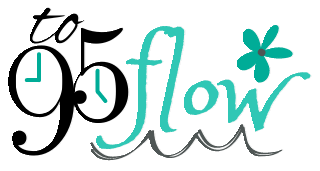How to Write a Resignation Letter: Expert Tips
Leaving a job requires tact and professionalism, and the resignation letter plays a pivotal role in ensuring a smooth transition. A well-crafted resignation letter should include a clear statement of intent, the last working day, and a brief reason for leaving, if possible. By providing this essential information, employees can maintain positive relations with their […]
How to Write a Resignation Letter: Expert Tips Read More »










